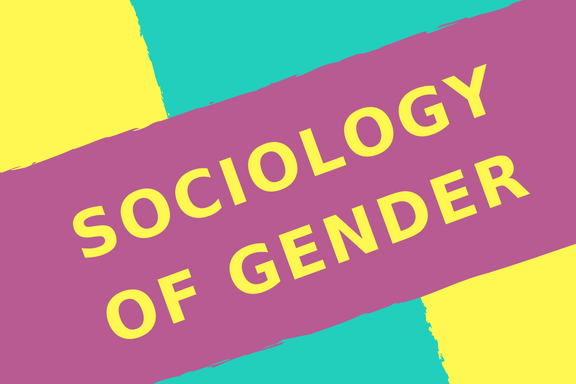Qualitative research is foundational to the discipline of sociology. From ethnographers who immerse themselves in a particular social universe to scholars who explore cultural understandings and meaning-making through in-depth interviews, qualitative research is ideal for understanding nuanced social phenomena, explaining complex social processes, and developing and refining social theory. Much instruction in qualitative methods fails to include hands-on training with contemporary digital data analysis tools. In some ways, these tools have transformed the way that scholars analyze data. But they also present different practical, theoretical, and ethical issues in the process. This seminar fills this important gap by providing graduate-level training on both epistemological foundations of qualitative data analysis and hands-on instruction on how to code, analyze, and present qualitative research. In this class, students will become familiar with some classic and contemporary works of qualitative sociological research. Using these texts, we will consider the theoretical and epistemological issues involved in working with qualitative data and discuss narrative strategies in writing and argument formation. Students will also learn about contemporary best practices for coding and analysis using qualitative data analysis (QDA) software. We will follow a workshop-style approach to collaborative learning that is characteristic of qualitative methods training programs and labs.
This seminar is part of a sequence of qualitative methods courses offered in the Sociology Department at the University of North Texas. Students are encouraged to take both courses, but the order is flexible.
Syllabus:
- Spring 2021







